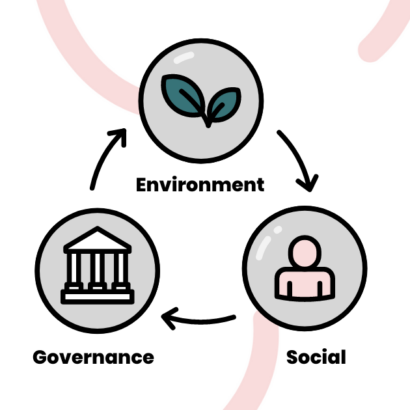

Artificial Intelligence (AI) has become a game-changer across industries, revolutionising how businesses operate. However, harnessing its potential requires careful navigation. To help you make the most of AI, we’ve compiled a breakdown of the latest best practices to keep in mind.
Do: Start with a clear problem
Rather than unquestioningly jumping on the AI bandwagon, identify a specific business challenge that AI can address, whether streamlining repetitive tasks, reducing customer churn, or optimising logistics. Having a clear AI strategy is key. According to McKinsey, companies with a well-defined AI strategy achieve three times the return on investment compared to those without one.
Do: Focus on human-AI collaboration
While AI excels at data analysis and automation, it cannot replace human creativity, judgment, and empathy. Instead, leverage AI to augment human capabilities. For instance, AI-powered chatbots can handle routine customer inquiries, freeing up human agents to tackle more complex issues. Embracing this collaboration ensures the best of both worlds.
Do: Prioritise data quality and security
High-quality data is the lifeblood of AI. Invest in data cleansing and establish robust data governance practices. Transparency with customers regarding data collection and usage is crucial, as is compliance with relevant data privacy regulations such as GDPR and CCPA. You lay a solid foundation for successful AI implementation by prioritising data quality and security.
Do: Embrace a “start small, scale fast” approach
Attempting to overhaul everything at once can be overwhelming and counterproductive. Instead, begin with a pilot project in a well-defined area. This allows you to test the technology, measure its impact, and refine your approach before scaling up. Starting small and scaling fast ensures a smoother integration of AI into your business processes.
Do: Invest in employee training and change management
Implementing AI can create anxieties among employees about job displacement. It is crucial to actively communicate the benefits of AI and provide training to equip employees with the skills needed to work effectively with AI tools. Investing in employee training and change management fosters a positive AI adoption culture within your organisation.
Don’t Overestimate AI capabilities
While AI is powerful, it is not a magic bullet. It can be biased, struggle with ethical considerations, and fail to handle unforeseen situations. Understanding AI’s limitations is essential to avoid unrealistic expectations and ensure appropriate use.
Don’t: Underestimate the importance of explainability
When AI makes decisions, it is crucial to understand why. This ensures transparency and helps identify potential biases in the data or algorithms. Explainability is key to building trust in AI systems and ensuring accountability.
Don’t: Neglect human oversight
AI systems require ongoing monitoring and human intervention to maintain accuracy and prevent unintended consequences. Human oversight is necessary to ensure that AI aligns with business objectives and operates within ethical boundaries.
Don’t: Ignore ethical considerations
AI algorithms can perpetuate biases present in the data they are trained on. Developing ethical guidelines to ensure fairness and responsible AI use is essential. The recent Amazon Q situation serves as a cautionary tale for the field of AI, emphasising the need for responsible development and ethical considerations before deploying large language models. By addressing ethical considerations, businesses can avoid unintended consequences and build trust with customers and stakeholders.
Don’t: Forget about ROI (Return on Investment)
Tracking the impact of your AI initiatives and regularly measuring the return on investment is crucial. This ensures that your efforts drive real business value and helps justify further investments in AI.
By following these do’s and don’ts, businesses can harness the power of AI to gain a competitive edge, improve efficiency, and deliver exceptional customer experiences. Embrace AI as a strategic tool, and let it propel your business into the future.

